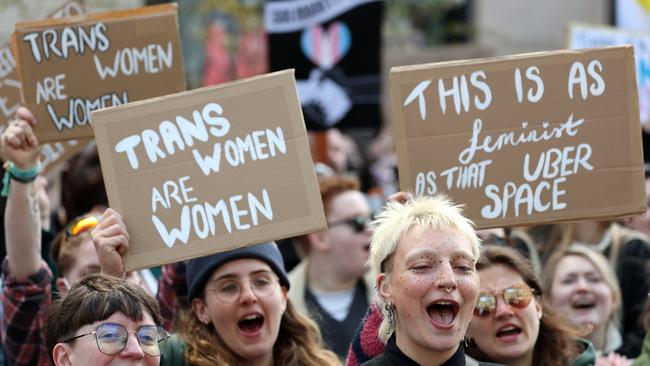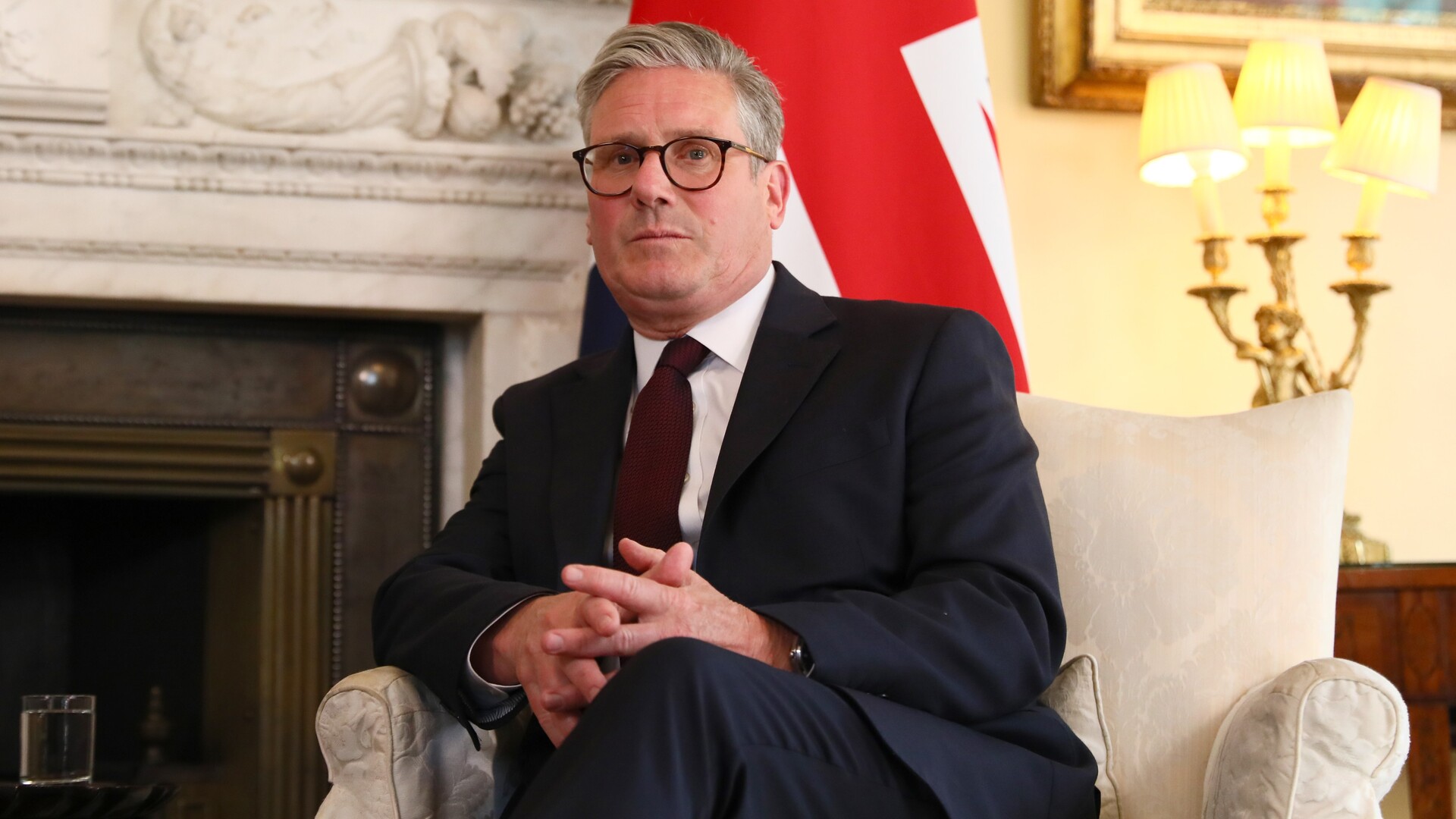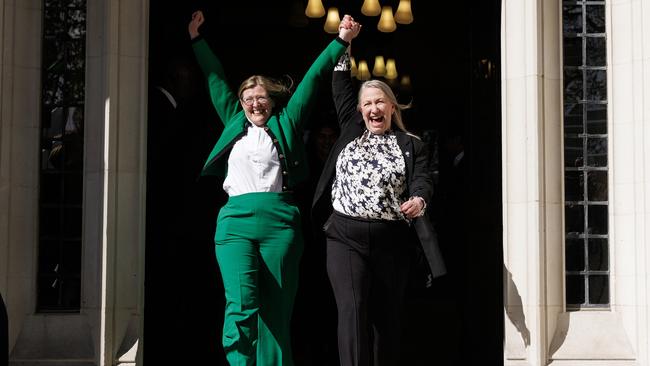First UK transgender judge to take gender ruling to European rights court
Victoria McCloud, a retired High Court judge, said she would bring ‘one or more cases’ against Prime Minister Keir Starmer’s government, accusing it of breaching the European Convention on Human Rights.

The UK’s first transgender judge plans to take the British government to the European Court of Human Rights for its policies on trans rights following a divisive Supreme Court ruling.
Victoria McCloud, a retired High Court judge, said she would bring “one or more cases” against Prime Minister Keir Starmer’s government, accusing it of breaching the European Convention on Human Rights.
Earlier this month, Britain’s top court handed down a landmark ruling that gender and sex were defined by a person’s sex at birth in the country’s anti-discrimination laws.
The government has embraced the ruling and said trans women should use men’s facilities and vice versa, with Britain’s equality watchdog announcing interim guidance along the same lines.

Dr McCloud said in a statement that the ruling and official response “is a serious infringement of the Convention Rights of EU and UK citizens, including in relation to sex, sexual orientation, and privacy”.
“I intend firmly to reassert my convention rights and other rights under the convention,” added the former judge, who now works as a litigation strategist.

The UK Supreme Court ruling also threw into confusion the validity of gender recognition certificates, which allow trans people to gain legal recognition in their chosen gender.
Dr McCloud has a gender change certificate but according to the ruling she would be defined as a man under the Equality Act, leaving her with “two sexes at once”, she alleged.
The court’s decision was a victory for gender critical activists who brought the appeal to London after losing previous cases in Scottish courts.
Dr McCloud said she and one other trans applicant were not allowed to present arguments to the Supreme Court during its hearing last year.

The UK apex court hears appeals on points of law “of the greatest public importance”, and can choose to hear arguments from “interveners” at its discretion.
“The court heard no members of the trans community and did not give reasons,” said Dr McCloud.
The UK’s Equality and Human Rights Commission said in interim guidance issued that trans women “should not be permitted to use the women’s facilities” including in workplaces, shops and hospitals.
Instead, it suggested the use of unisex toilets for trans people. However, Dr McCloud argues there is no easy way to determine the biological sex of a person.






To join the conversation, please log in. Don't have an account? Register
Join the conversation, you are commenting as Logout